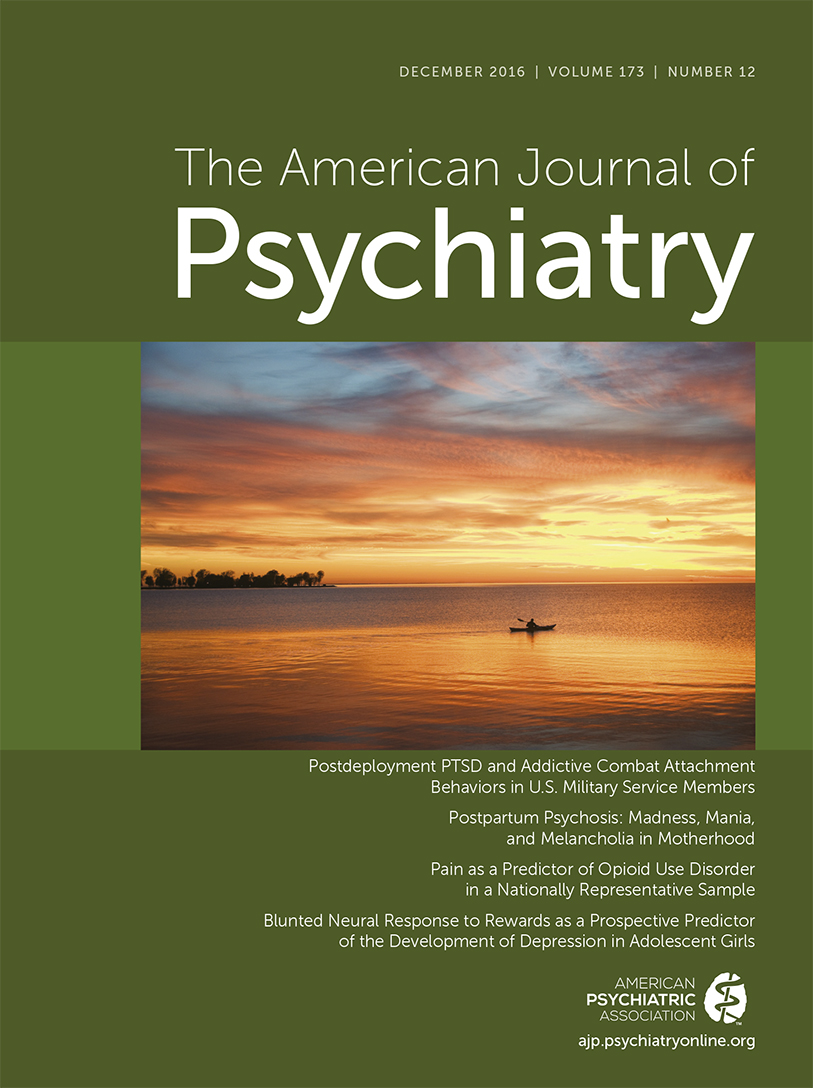Harnessing Medical Training for Psychiatrists to Expand Access to Care
To the Editor: The article by Vanderlip and colleagues (1), published in the July 2016 issue of the Journal, makes the case for extending psychiatrists’ role to include management of general health conditions. Patients with mental illness are at increased risk for mortality from comorbid medical issues, and poor health hygiene and limited access to high-quality health care are likely contributory (2). Addressing primary care issues in behavioral health care settings may reduce such disparities. While the authors highlight the potential use of evidence-based medical algorithms and primary care consultations to assist the psychiatrist in this role, there is limited discussion of current gaps in medical education and of the need to reform training in psychiatry.
According to the American Board of Psychiatry and Neurology (ABPN) and the Accreditation Council for Graduate Medical Education (ACGME) Residency Review Committee for Psychiatry, psychiatry residents must have a minimum of 4 months of training in a “primary care specialty setting” within their first year (3). Goals and objectives for this experience are not delineated. While the ABPN and the ACGME have outlined developmental milestones for achieving competency within psychiatry, there are no specific competency expectations for general medical practice (4). Within this vacuum, decisions about residency training in medicine are often driven by economic factors and service needs instead of educational goals. In turn, it is not uncommon for psychiatry residents to rotate through specialized inpatient services and critical care units.
While these may be useful learning experiences, they are not necessarily aligned with the type of outpatient medicine practice psychiatrists could provide in treating general health conditions. Furthermore, because of time-limited experiences within the first year, it is unlikely that psychiatrists will retain significant medical knowledge or skills by the time they graduate. Providing integrated, longitudinal outpatient medical training with corresponding milestones could help prepare psychiatrists to assume the practice scope described by Vanderlip et al. While some models for integrated medicine and psychiatry training exist (5), widespread dissemination of such models is unlikely without specific calls for change from the ABPN and the ACGME Residency Review Committee for Psychiatry.
1 : A framework for extending psychiatrists’ roles in treating general health conditions. Am J Psychiatry 2016; 173:658–663Link, Google Scholar
2 : Understanding excess mortality in persons with mental illness: 17-year follow-up of a nationally representative U.S. survey. Med Care 2011; 49:599–604Crossref, Medline, Google Scholar
3
4
5 : Integrated medicine and psychiatry curriculum for psychiatry residency training: a model designed to meet growing mental health workforce needs. Acad Psychiatry 2015; 39:461–465Crossref, Medline, Google Scholar



